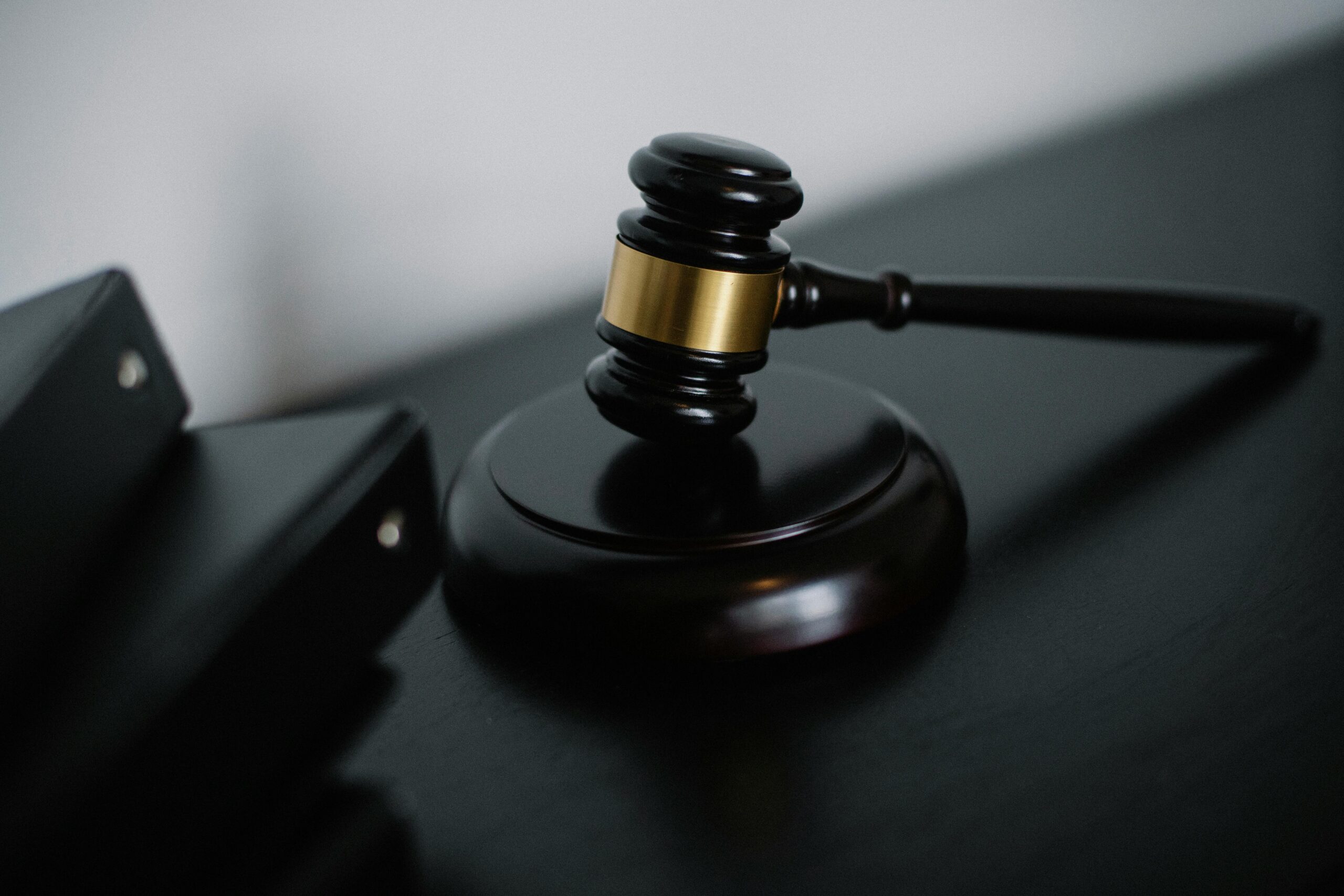 Posting during an injury lawsuit? Think twice.
Posting during an injury lawsuit? Think twice.
The Do’s and Dont’s of social media use are essential for victims involved in personal Injury lawsuits. In other words, what you post during an injury lawsuit matters.
Consequently, social media has forever impacted personal injury lawsuits.
Back in the day, clients were told to be aware of insurance investigations involving video surveillance of their homes and workplaces.
But now personal injury clients are cautioned beyond this. They are warned about using social media sites such as Facebook, Instagram, Tik Tok and Twitter.
As a previous insurance defense senior trial attorney, James Graver Esq. knows how damaging this can be. In fact, he says it is an insurance company’s treasure to uncover posted video footage that might diminish a case.
“If it’s on the net, chances are they’re going to find it,” Mr. Graver says. “It’s never a good thing when they do; it’s for their war chest.”
Sometimes, it outright destroys the personal injury claim and ends the case altogether. Therefore, posting during an injury lawsuit is not always advisable.
This is not to say that clients were not injured through no fault of their own to begin with. However, it’s just not worth the risk when a post can be used against you. As such, social media posts are admissible in trials as evidence brought against an injured party.
If you plan to engage in social media regardless, consider the following “Do’s and Don’ts.” Below are just a few suggestions that may make a difference if you’re posting during an injury lawsuit.
Do’s And Dont’s for social media posting while in a lawsuit
Do maintain a low profile if posting:
Less is more if you plan to post. Although, remember, one post is all that may be needed to build a case against you.
Therefore, before you post, ask yourself if it’s necessary or in the best interest of your case? If you can skip the post, it’s best to err on the side of caution.
Do set your privacy settings during an injury lawsuit:
Nothing is safe on the web so-to-speak. However, it may help to have your settings changed from public to private.
Yet, this is not a guarantee that an interested party cannot gain access somehow to your online information.
Do a Self-Search on Google:
You may be surprised what you’ll find on-line just by typing in your name. Start with a popular search engine such as Google to see what populates.
If you know what’s on the internet about you, it will be most helpful.
Then you can begin to take measures such as taking down what you don’t find appropriate, if possible.
Don’t Post Conversations you’ve had with your Attorney:
An attorney-client conversation should remain private between you and your lawyer.
Furthermore, it’s best not to post anything at all regarding your case. Especially, anything that you wouldn’t want the attorney on the other side to know or see.
Don’t accept unknown friend requests during an injury lawsuit:
An unknown friend request may be coming from an investigator, insurance adjustor or event opposing counsel.
If you’re not certain, it’s best not to accept a request.
This is because if you do accept one you’re unsure about, and you’re wrong, it will be too late.
Don’t assume your friends won’t include you in their future posts:
Remind your friends not to post videos, photos and messages about you without your permission.
Use the same guidelines as you would for your own posts.
If you don’t want the other attorney seeing you in your friends’ post, then tell them. You’ll likely need to have a conversation with friends and family on-line so they understand.
Photo courtesy of http://pexels.com
The post Personal Injury Lawsuits: Social Media Do’s and Dont’s appeared first on Law Offices of James G. Graver, P.A..






